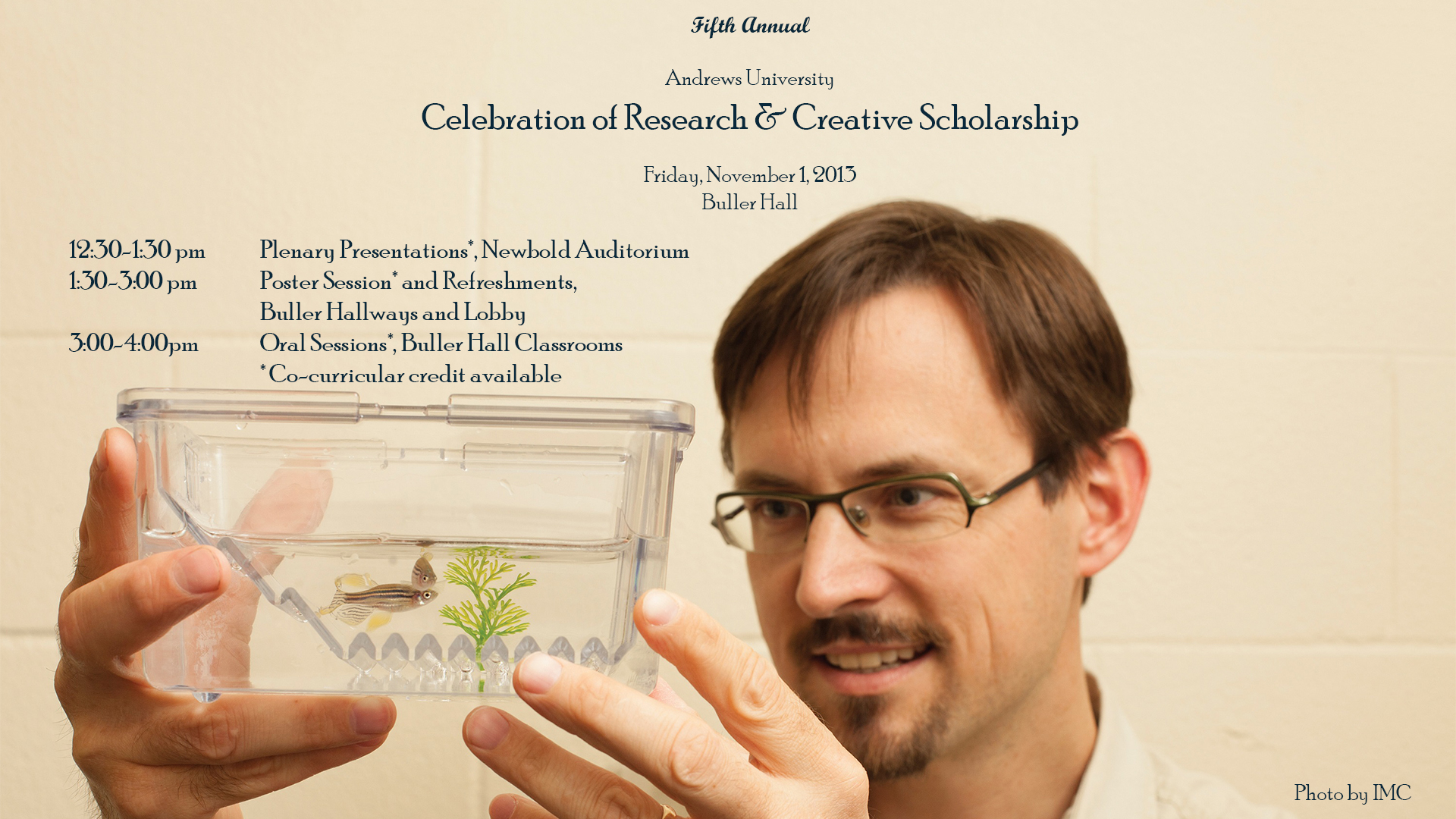Presentation Title
B-3 A Lesson of Unity from Catholicism: The Experience of Maurice Blondel and Alfred Loisy during the Challenge of Modernism
Presenter Status
PhD Student, Department of Theology and Christian Philosophy
Preferred Session
Poster Session
Location
Buller Room 149
Start Date
1-11-2013 3:30 PM
End Date
1-11-2013 3:45 PM
Presentation Abstract
The search for unity pushed the leadership of the Catholic Church to reject modernism between the end of 1800 and the beginning of 1900. The official reaction against modernists, beside the official documents, was not very uniform. Some scholars were excommunicated by the Vatican, others were not. Though both French scholars, Blondel and Loisy received different treatment, Loisy was excommunicated, one year after the encyclical Pascendi, while Blondel received no personal warning or excommunication. An analysis of their writings shows that their thoughts were equally inacceptable for Catholicism. But Blondel’s attitude was decisive, allowing him to continue in the Church and to influence the Church in the years to come, to the point that his writings opened the way toward Vatican II. The purpose of this paper is to show, through the lessons learned from the case of Blondel and Loisy, that attitude is the most important element to keep unity and to reform the Church at the same time. Dissent from the leadership of the church, even useful and lawful, is not in itself the issue. But attitude is the key of success to keep unity in the Church, being Catholic or Adventist. In Adventism, dissent from the leadership of the church might also be theoretically licit and necessary for growth, but still the right spiritual attitude is essential to reform the Church while keeping its unity.
B-3 A Lesson of Unity from Catholicism: The Experience of Maurice Blondel and Alfred Loisy during the Challenge of Modernism
Buller Room 149
The search for unity pushed the leadership of the Catholic Church to reject modernism between the end of 1800 and the beginning of 1900. The official reaction against modernists, beside the official documents, was not very uniform. Some scholars were excommunicated by the Vatican, others were not. Though both French scholars, Blondel and Loisy received different treatment, Loisy was excommunicated, one year after the encyclical Pascendi, while Blondel received no personal warning or excommunication. An analysis of their writings shows that their thoughts were equally inacceptable for Catholicism. But Blondel’s attitude was decisive, allowing him to continue in the Church and to influence the Church in the years to come, to the point that his writings opened the way toward Vatican II. The purpose of this paper is to show, through the lessons learned from the case of Blondel and Loisy, that attitude is the most important element to keep unity and to reform the Church at the same time. Dissent from the leadership of the church, even useful and lawful, is not in itself the issue. But attitude is the key of success to keep unity in the Church, being Catholic or Adventist. In Adventism, dissent from the leadership of the church might also be theoretically licit and necessary for growth, but still the right spiritual attitude is essential to reform the Church while keeping its unity.



